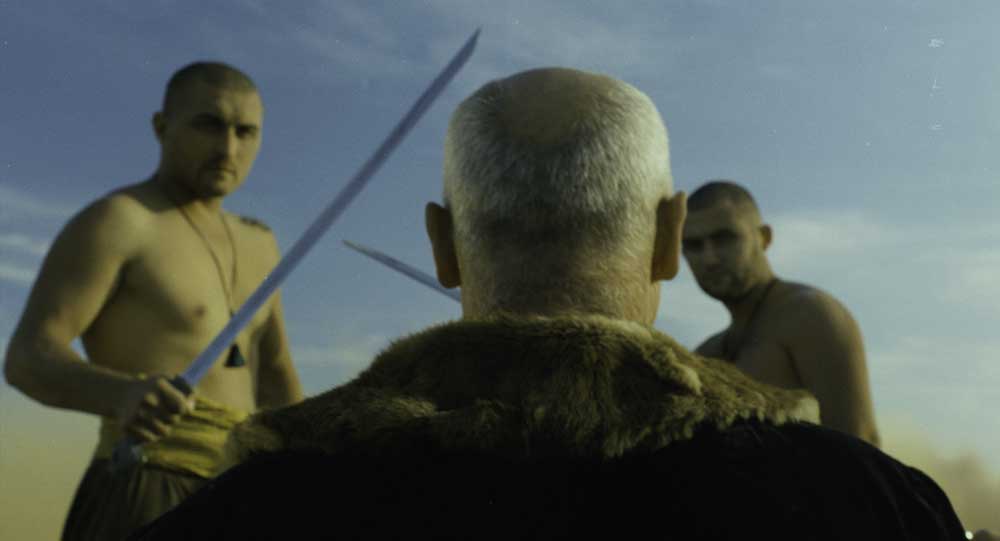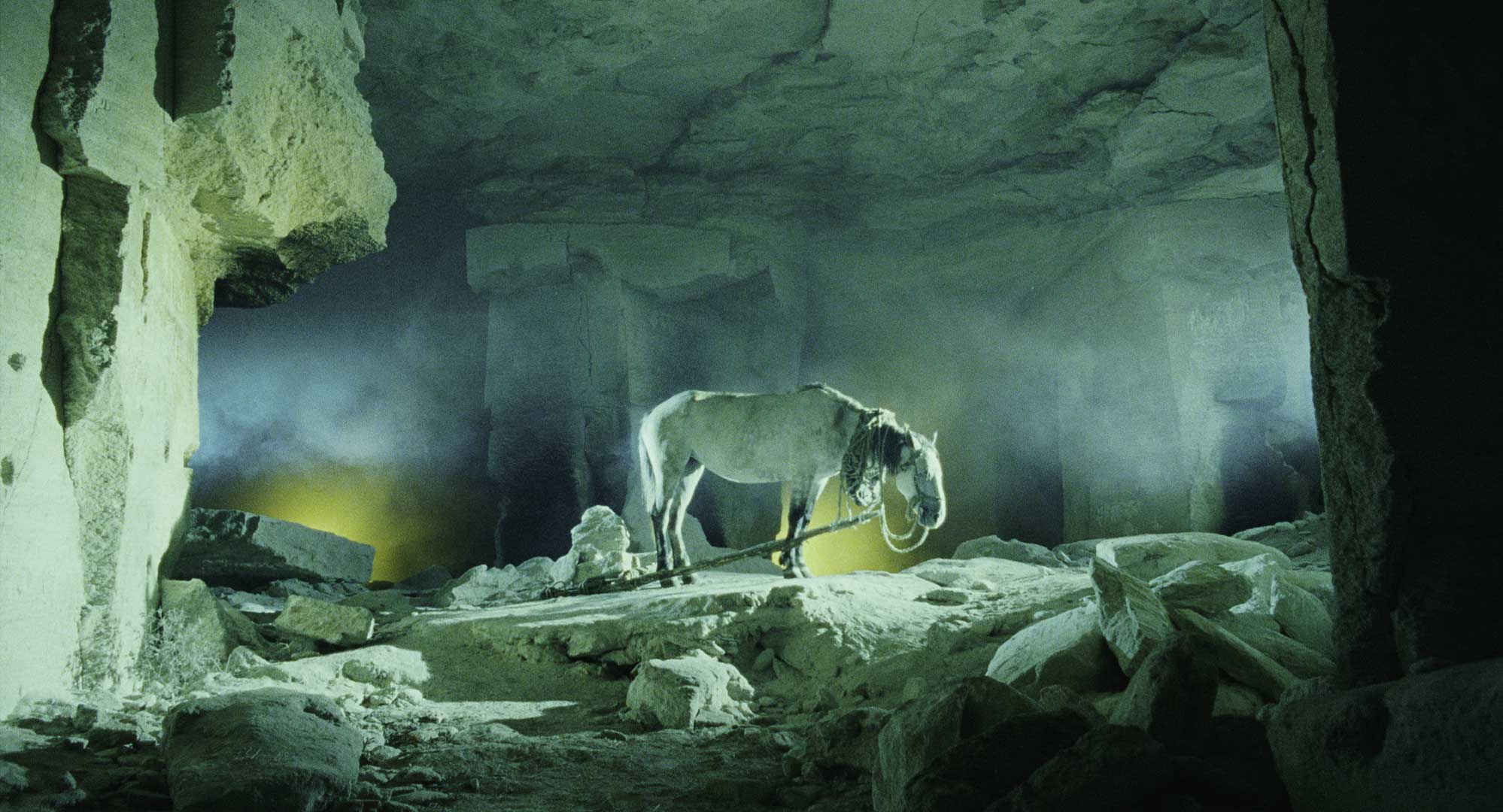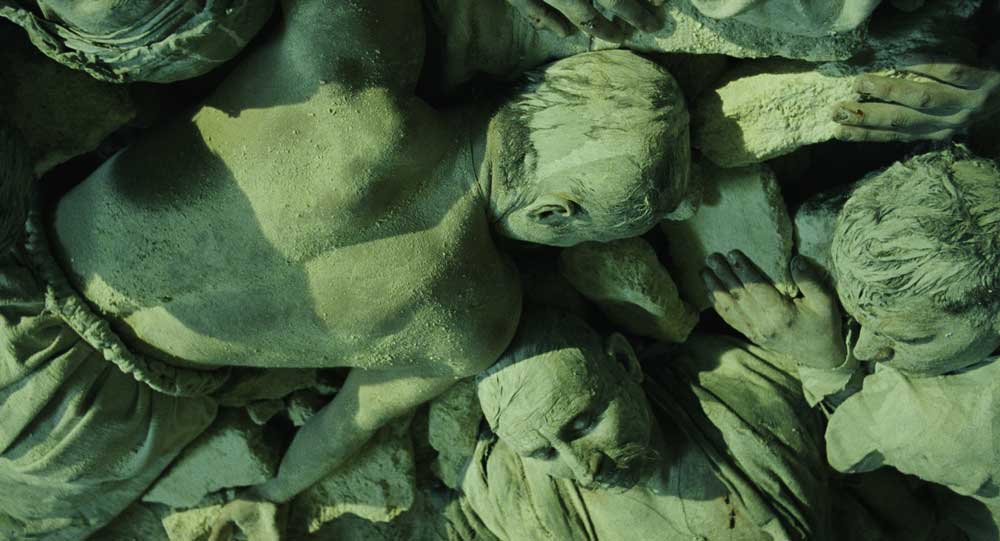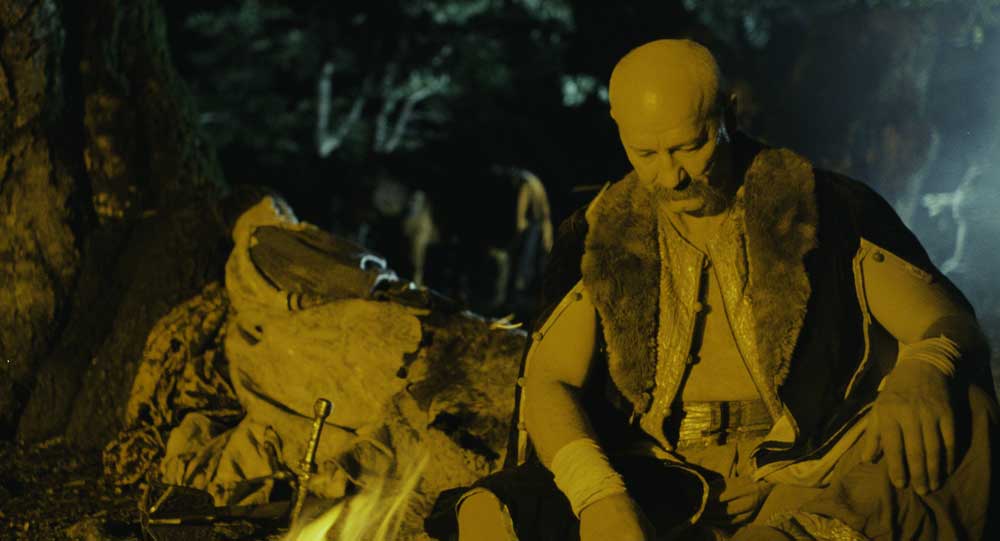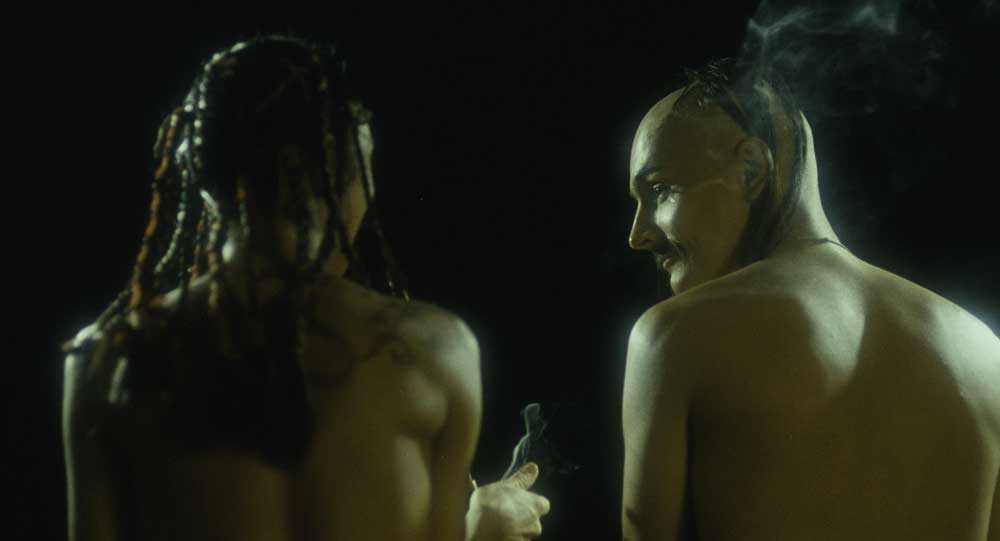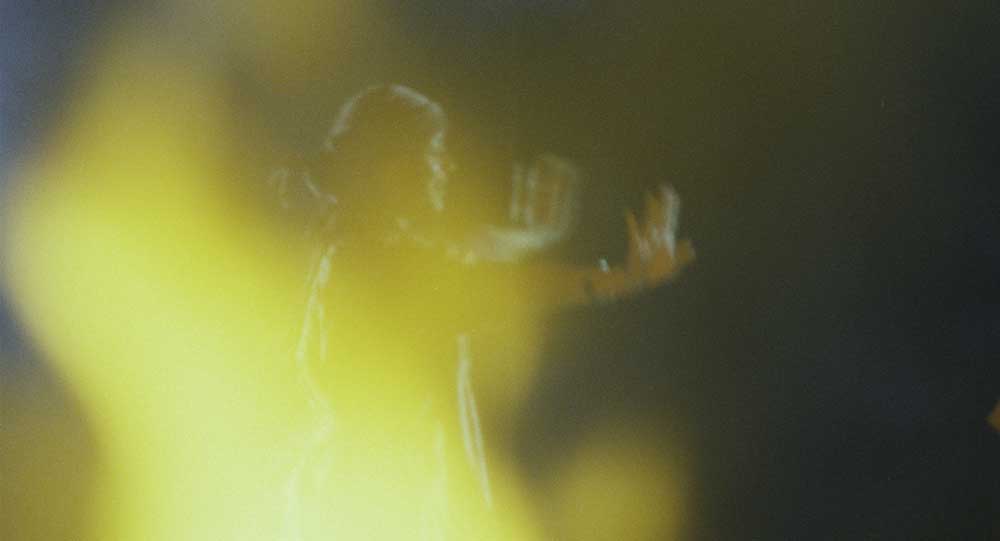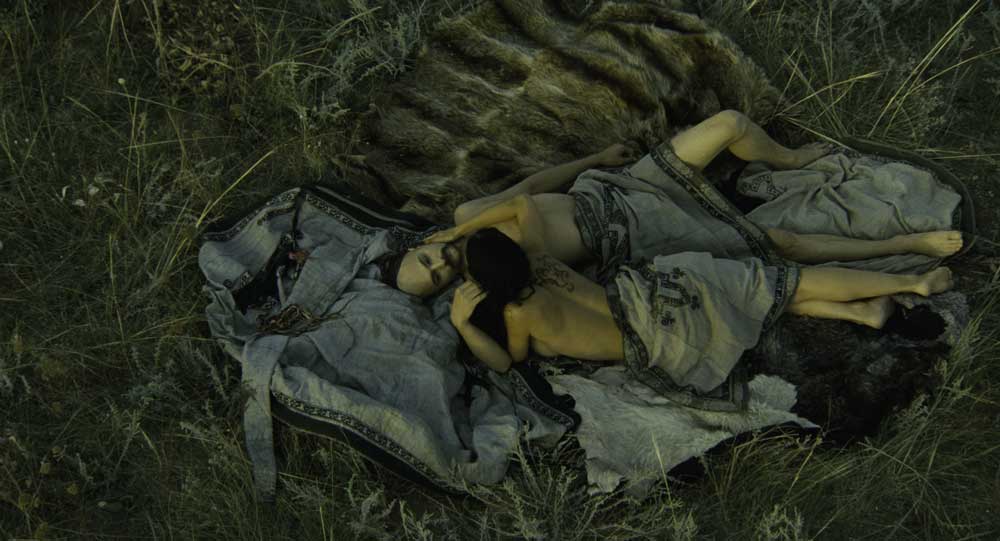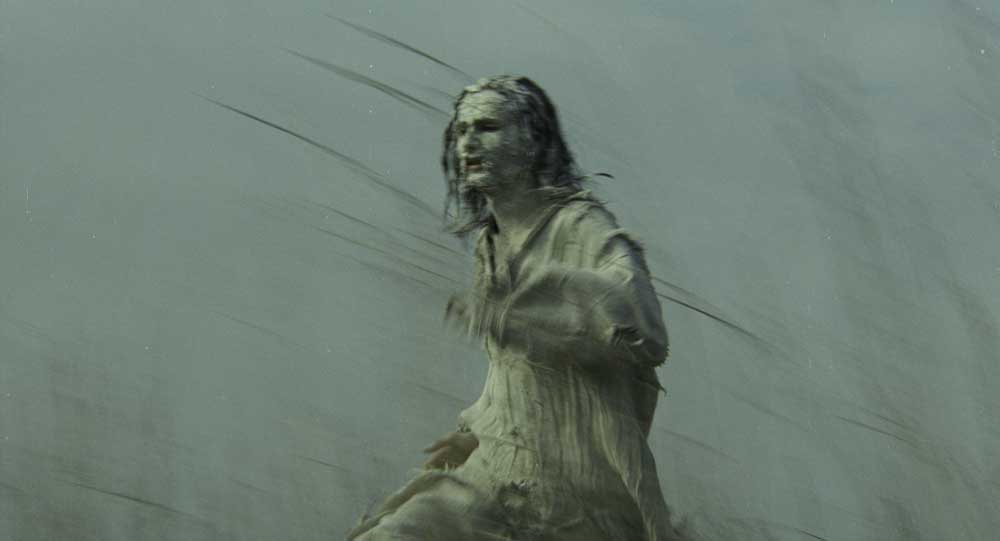
Mamay / Mamai
2003
Ukraine, Oleksandr Dovzhenko Film Studio
80 min
Oles Sanin
Oles Sanin
Serhii Mykhalchuk
Viktoriia Spesyvtseva, Nazl Seitablaieva, Andrii Bilous, Serhii Romaniuk, Oles Sanin, Akhtem Seitablaiev, Eldar Akimov
The film is based on Ukrainian and Crimean Tatar legends. The first legend is The Duma about the Three Azov Brothers, a Ukrainian song passed down orally by kobzars in the 16th century and later documented by Mykola Lysenko and Hryhorii Kvitka-Osnovianenko. The second is the epic of Turkic peoples, including Crimean Tatars, The Dervish’s Song about Three Valiant Mamluks, which tells the story of three brothers who abandoned their mercenary service after hearing the cry of the Golden Singing Cradle. The third is a story written by the director himself about a Tatar woman who nurses a young Cossack found near death. This Cossack’s name is Mamai.
Mamai is the graduation project of Oleksandr Sanin, a graduate of the Kyiv State Institute of Theatrical Arts named after I. Karpenko-Karyi, under the mentorship of the legendary Ukrainian director Leonid Osyka. It is no surprise that Mamai is also a very personal story, as Sanin has been fascinated by Ukrainian history and folklore since childhood and later became closely involved in the kobzar tradition himself.
In his debut, Oleksandr Sanin took on multiple roles as director, screenwriter, and contributor to the artistic design and songwriting for the film. He not only turned to national mythology but also attempted to create a grand historical film and an auteur statement centered on folk songs.
After the film’s release, opinions were divided. Some critics considered it a new milestone in Ukrainian cinema, while others criticized the script. However, everyone noted the visual component of the film and the boldness of the director’s debut.
Mamai became the second film, after A Friend of the Deceased, to be submitted by Ukraine for the Academy Award for Best Foreign Language Film. At the same time, the film’s cinematographer, Serhii Mykhalchuk, received numerous festival awards for his work. In 2004, he, along with director Oleksandr Sanin, composer Alla Zahaikevych, and lead actors Viktoria Spesyvtseva and Andrii Bilous, was awarded the National Award of Ukraine named after Oleksandr Dovzhenko.
